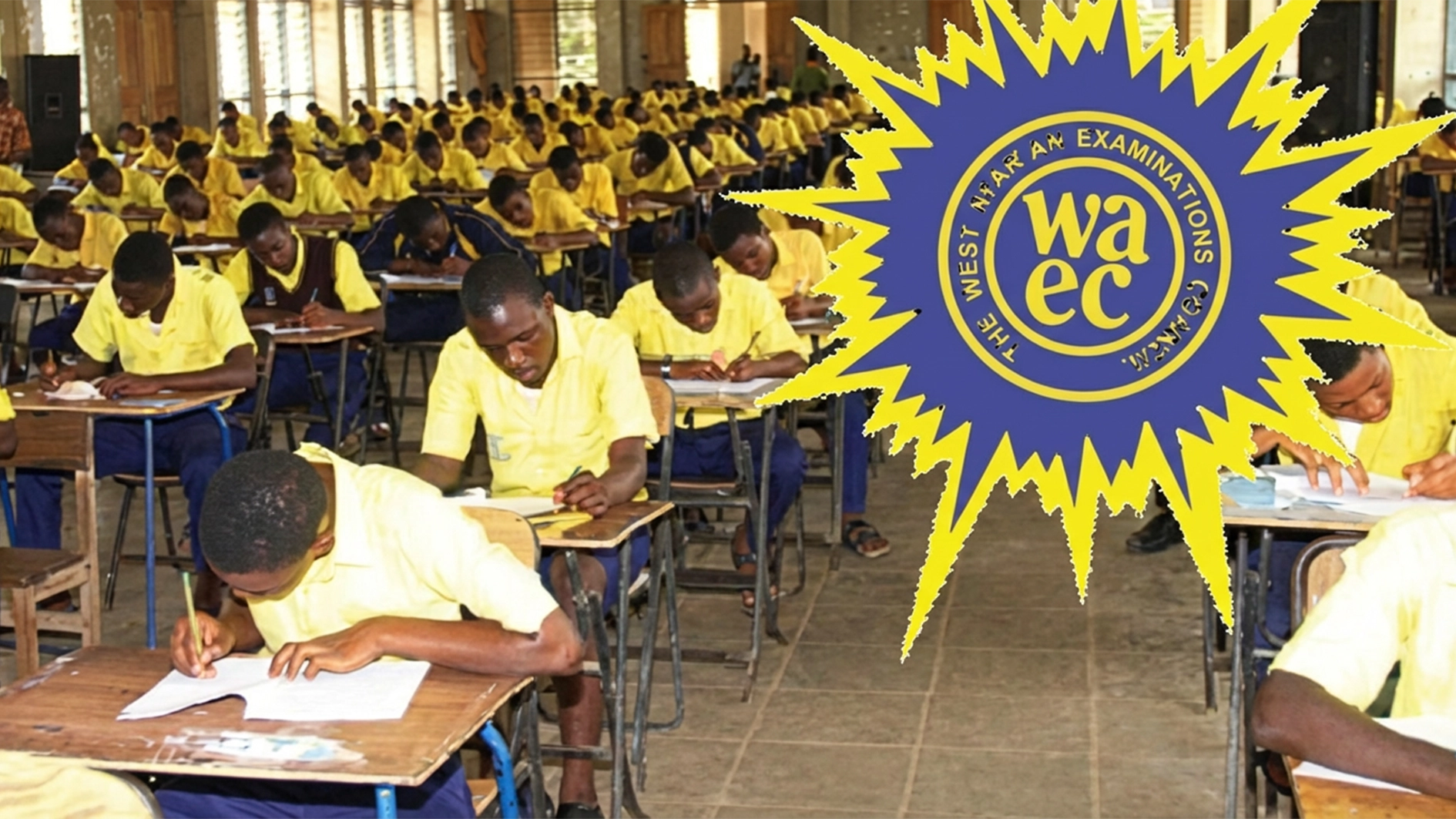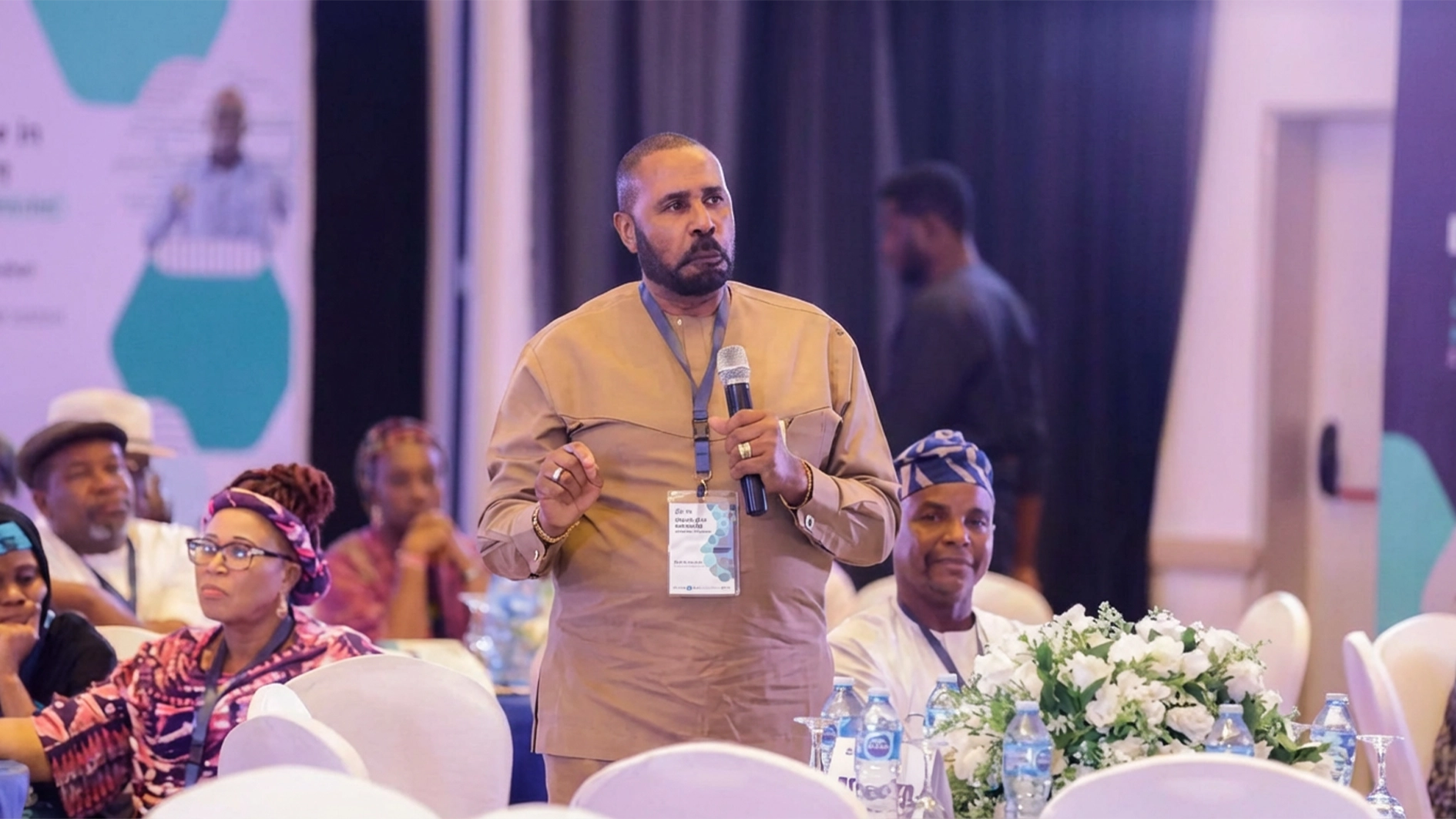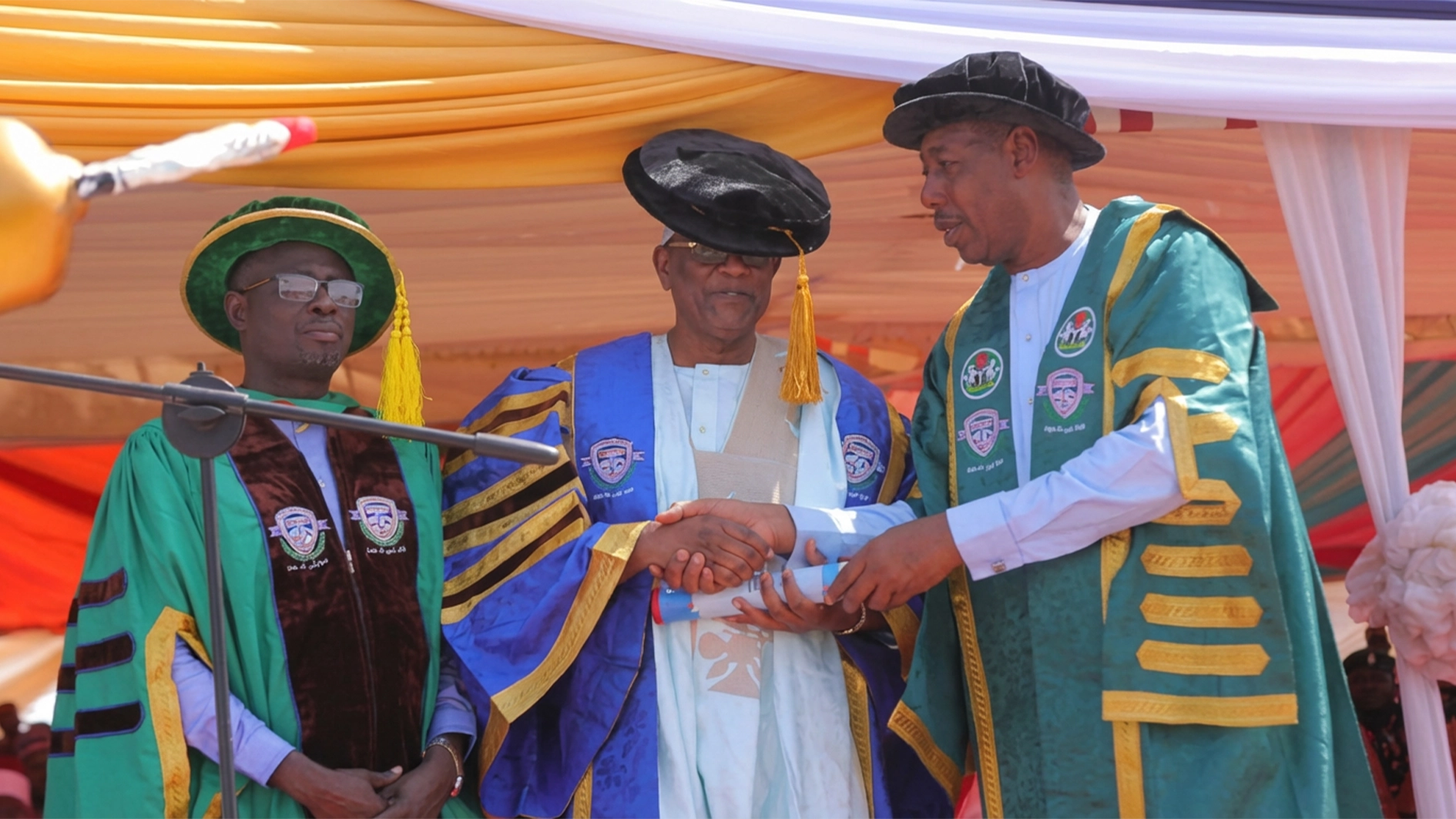The Universal Basic Education Commission (UBEC) has disclosed that 27 out of the 36 states and the Federal Capital Territory (FCT) have accessed part of the N121 billion matching grant backlogs from 2024.
Executive Secretary of the commission, Aisha Garba, who disclosed this at the 27th quarterly meeting of UBEC management with chairmen of State Universal Basic Education Boards (SUBEBs) in Lagos, said the development represents a 65 per cent increase in access to finance.
Garba restated the commission’s commitment to bridging the gap between planning and performance in Nigeria’s basic education sub-sector, stressing the need to guarantee access to quality education for every Nigerian child. She highlighted significant strides in repositioning the sector, noting that the progress achieved so far is only the first step towards greater impact.
She highlighted some of the steps taken to include revision of UBEC matching grant formula to enhance data-driven resource allocation, equity, and accountability; revamping the two-decade-old Basic Education Action Plan (BEAP) template, and process to promote needs-based planning and accelerate implementation; expansion of school infrastructure nationwide, as well as launch of teacher development programme, with a N22 billion investment in teacher capacity building to improve teaching and learning outcomes.
The UBEC chief noted that while these reforms represent notable progress, they must be consolidated through stronger accountability and performance management systems.
“Our sector is not lacking in sound policies and robust plans for basic education. The real challenge is translating these plans into tangible outcomes. Too often, we see a disconnect between planning and performance, largely due to poor coordination, weak institutional capacity, inconsistencies in financial management, and limited mechanisms to track progress and adjust programmes,” Garba said.
She explained that this reality informed the theme of the meeting, ‘Bridging the gap between planning and performance towards achieving quality basic education,’ describing it as apt.
In his remarks, the Dean of SUBEB Chairmen, Prof. Shehu Adaramaja, emphasised the importance of evidence-based planning, digital tools, and data-driven decision-making in strengthening basic education delivery.
He urged SUBEBs and UBEC to conduct regular assessments to track learners’ progress and ensure that schools are adequately equipped with teaching and learning materials.






